
Google, Microsoft and Apple will stick to their climate goals in spite of Trump's environmental views
Earlier this week, Donald Trump signed an executive order that effectively killed Obama-era environmental policies. Expressing his love of "clean coal" -- despite such a substance not actually existing -- Trump wiped out Obama orders that aimed to reduce carbon production and signalled an "end to the war on coal."
The signing of the executive order was met with astonishment around the world, and many voices have spoken out against the wisdom of the move. Among those are technology companies, many of whom have said that they will stick to promises they have made to tackling climate change -- something Google is aiming to do by switching to 100 percent renewable energy this year.
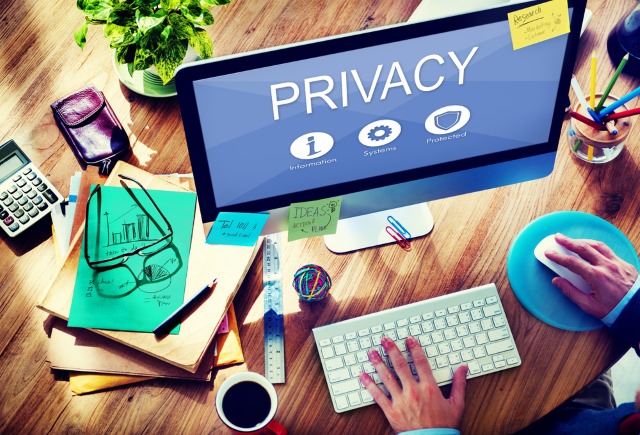
US House votes to destroy the privacy rights of web users
Last week, the US Senate voted to permit ISPs to share -- or sell -- customers' browsing histories and other data without permission. Now the House has gone ahead and voted the same way, so internet users' privacy is now up for sale.
Just as the Senate vote to overturn privacy rules was close (50 votes to 48), so was yesterday's: 215 to 205. The repeal of the FCC-approved rules had President Trump's support, and the latest vote means that all manner of personal information is now able to be sold for marketing and advertising without individuals' consent.

US bans laptops and tablets on flights from eight countries in Africa and the Middle East
Not content with its second crack of the whip with a travel ban, the Trump administration has now issued a ban on larger electronic devices being taken on flights from certain countries. Devices larger than a cell phone will not be permitted in cabin baggage but must instead be checked in.
The ban is set to run indefinitely, and means that laptops, tablets, portable DVD players, ebook readers, portable games consoles and other larger electronic devices will be banished to the holds of aircraft. While the ban focuses on individual airports rather than countries, it has been noted that they are located in Muslim-majority parts of the world

Worldwide web inventor Tim Berners-Lee's biggest concerns: privacy, fake news and political ads
It was 28 years ago that Tim-Berners-Lee submitted his proposal for the worldwide web. What he envisioned as an open platform that would break down global barriers has become a wild beast with endless problems. Talking on the anniversary of his invention, Berners-Lee has spoken about his concerns for the web.
He has three problems in his crosshairs, and he says the trio of issues is something "we must tackle in order for the web to fulfil its true potential as a tool that serves all of humanity." But he does not come armed with solutions; it's at least partly down to us to sort things out.
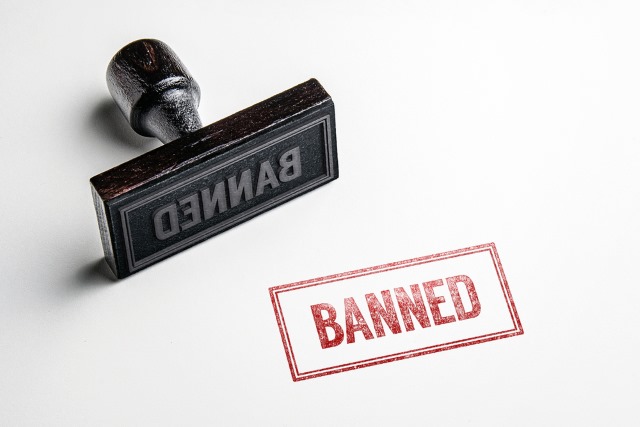
Mozilla says Trump's revised immigration Executive Order damages the global technology industry
When, shortly after his inauguration, Donald Trump signed an Executive Order blocking immigrants from numerous Muslim-majority countries, Mozilla was among those who filed an amicus brief against the move. Now the organization has spoken out against the president's revised travel ban.
While the new Executive Order drops Iraq from the list of black-listed countries, immigration is still banned from six countries, and the US refugee program remains suspended. The not-for-profit group says it "damages Mozilla, the United States, and the global technology industry", going on to say that "these restrictions are significant and have created a negative impact to Mozilla and our operations."

Google expands fact checking to help tackle fake news
It's something that should delight Donald Trump -- Google is helping to fight fake news. Whether the company's move to help keep web users better informed is in keeping with the US president's penchant for "alternative facts" remains to be seen, but for everyone else it is great news.
Google is far from being the first technology company to lend its support to the fake news fighting army -- Facebook and the BBC are already doing their bit too. The expansion of Google News fact checking means that the Fact Check label is spreading further around the globe, giving people in more parts of the world the assurance that what they're reading has been verified.
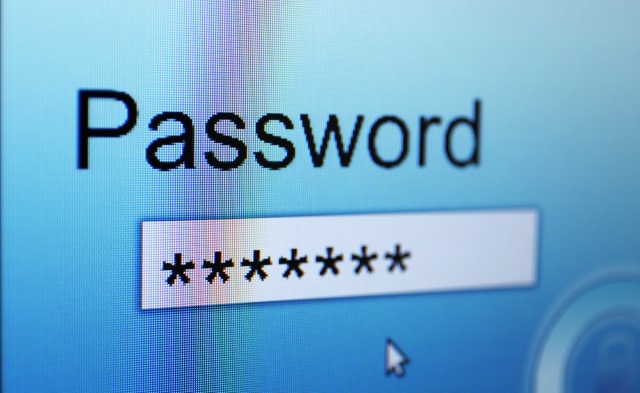
Planning to visit the US soon? You might be asked to hand over your internet passwords
Donald Trump’s controversial travel ban might have been overturned for now, but the new administration intends to do what it can to tighten entry into the United States.
One of the plans being considered as part of Trump’s "extreme vetting" policy is to ask visitors what websites they visit, and request their passwords. Should anyone refuse to hand over this information they will be prevented from entering the US.
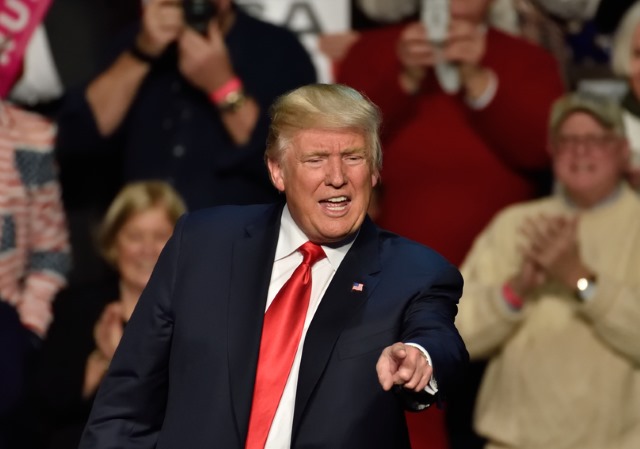
Trump's anti-H-1B order won't be what it seems
Immigration policy and trade protectionism play large roles in the new Administration of President Donald Trump. With the goal of Making America Great Again the new President wants to more tightly control the flow of goods and labor into the USA. Over the last week this has taken the form of an Executive Order limiting travel from seven specific Muslim countries. That order wasn’t well done, wasn’t well explained, has caused lots of angst here and abroad and is at this moment suspended pending litigation.
That order is supposedly about limiting terrorism. It will be shortly followed, we’re told, by further Presidential actions limiting abusive labor imports using, specifically, H-1B visas. This time, depending again on how the actual order is interpreted, it might be the right thing to do, because H-1B visa abuse is a very real thing that has hurt American workers.
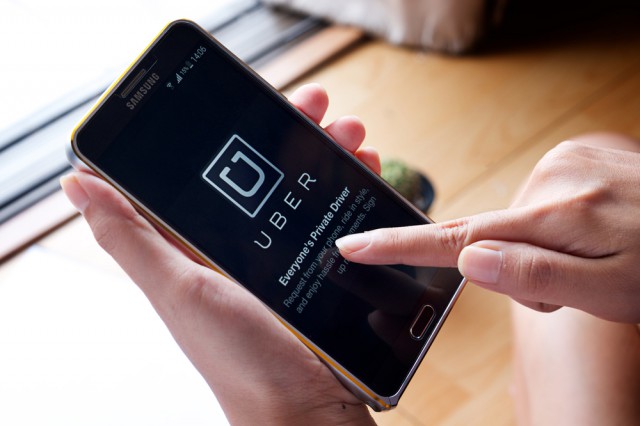
#DeleteUber campaign forces Uber to automate and speed up account removal process
After failing to participate in a taxi ban around John F Kennedy airport while protests against President Trump's travel ban went on, Uber found itself on the receiving end of a good deal of flak. The hashtag #DeleteUber spent a lengthy period trending on Twitter as people voiced their disapproval of what they see as a Trump-supporting company.
Irked Uber users who did not like the idea of the company seeming to profit from the refugee and immigration ban were not just flashing the #DeleteUber hashtag around, they were acting on it. But attempts to delete accounts led to frustration, with some people suggesting that Uber was blocking them from killing their account; this was not the case, and the company is speeding up the deletion process.
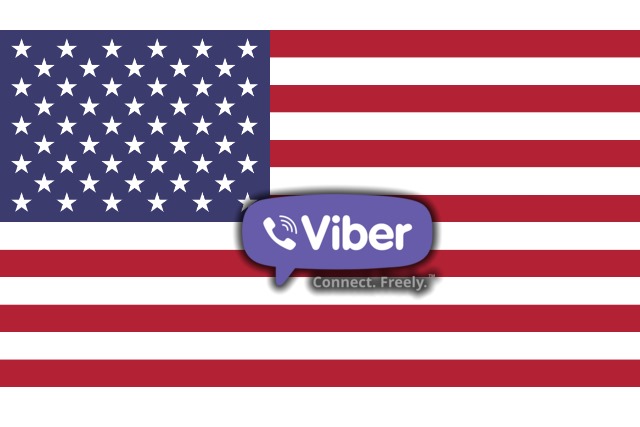
Viber offers free calls to those hit by Trump's travel ban
The tech world's backlash against Donald Trump's travel ban continues. The latest name to throw its hat into the ring is Viber with its Viber Out service.
The messaging service has announced that it is offering free calls between the US and countries affected by the new president's executive order restricting travel. Viber users can place free calls between the US and the seven affected countries -- landlines and mobiles included.
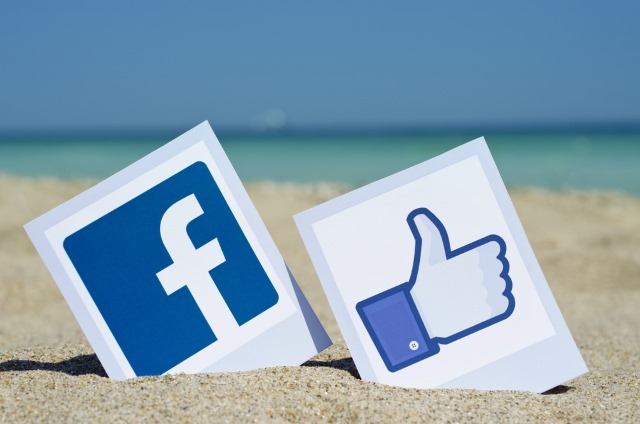
Facebook fights fake news with a trio of tweaks to trending topics
The problem of fake news has been around for a little while -- particularly on Facebook -- but it's something that has been thrown into the spotlight thanks to President Trump and his continuing complaints about the media, in particular about the size of his inauguration crowds.
Facebook is one of many technology companies to announce plans to tackle fake news, and now the social network has unveiled its latest round of fakery fighting. Three major changes are coming to Trending topics: firstly, Facebook will no longer personalize news for individual users; secondly headlines and sources will be listed alongside topic headings to help give context; finally the trending algorithm is being updated.
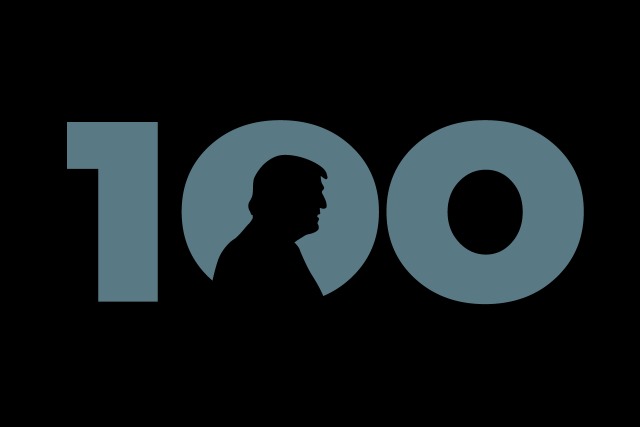
EFF sets out privacy and security plans for the first 100 days under President Trump
The Electronic Frontier Foundation has set out its plans for the first 100 days under Trump, during which time it says it will continue to fight for the rights of internet and technology users.
The digital rights group has already drawn up a wishlist for covering its privacy and security dreams for 2017, but the 100-day plan sees the EFF setting out its agenda for the first few months under Trump. Having claimed that "our civil liberties need an independent defense force" and that "free speech and the rights to privacy, transparency, and innovation won’t survive on their own", EFF is prepared to go to court -- again -- to hold the new administration to account when necessary.

Anonymous threatens Donald Trump with leaks about ties to mafia and child trafficking
Donald Trump has not yet taken up office, but he has already managed to whip up tidal waves of opposition not only in the US, but around the world. Among the president-elect's opponents is Anonymous, the hacktivist collective.
The group took to Twitter -- Trump's favorite medium -- to issue a pre-inauguration warning: "This isn't the 80's any longer, information doesn't vanish, it is all out there. You are going to regret the next 4 years". The tirade came as Trump lashed out at reports about criticism from outgoing CIA Chief, John Brennan; Anonymous responded by threatening the billionaire with damaging leaks.
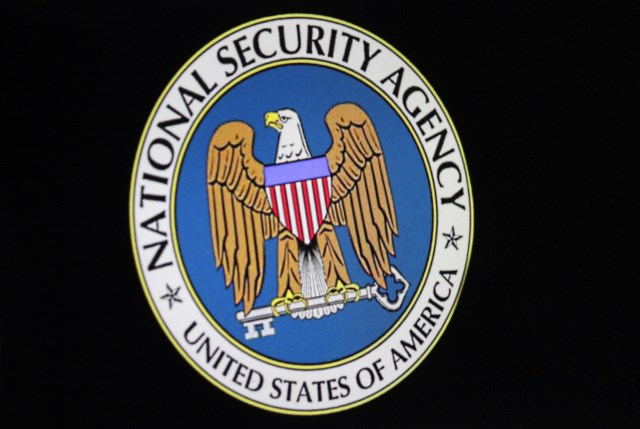
Before handing over power to Trump, Obama decides to EXPAND surveillance
With Donald Trump about to take over the reins from Barack Obama, privacy groups have expressed concern about what the incoming president will do with surveillance laws. But before that happens, President Obama is still a cause for concern. In the final days of his leadership, his administration has granted permission for the NSA to share the data it intercepts with no fewer than 16 other intelligence agencies.
While this will alarm many, what is particularly troubling is the fact that privacy protections are not applied until after this data has been shared between agencies. The changes in rules amount to a major relaxation of restrictions on NSA activities, meaning that a far greater number of officials will have access to unfiltered, uncensored data about innocent people around the world.

Watch Trump's inauguration as POTUS live on Twitter
A week from tomorrow, on Friday 20 January, Donald Trump will be sworn in as the 45th President of the United States and you can watch the whole event on the billionaire's favorite social platform -- Twitter.
The social site is teaming up with PBS NewsHour to provide six hours of coverage of Trump's inauguration starting at 11:00 ET. It's an event that millions of people all around the world will be keen to watch -- particularly in light of this week's Russian dossier revelations -- and Twitter is setting up a dedicated page for that very purpose.
